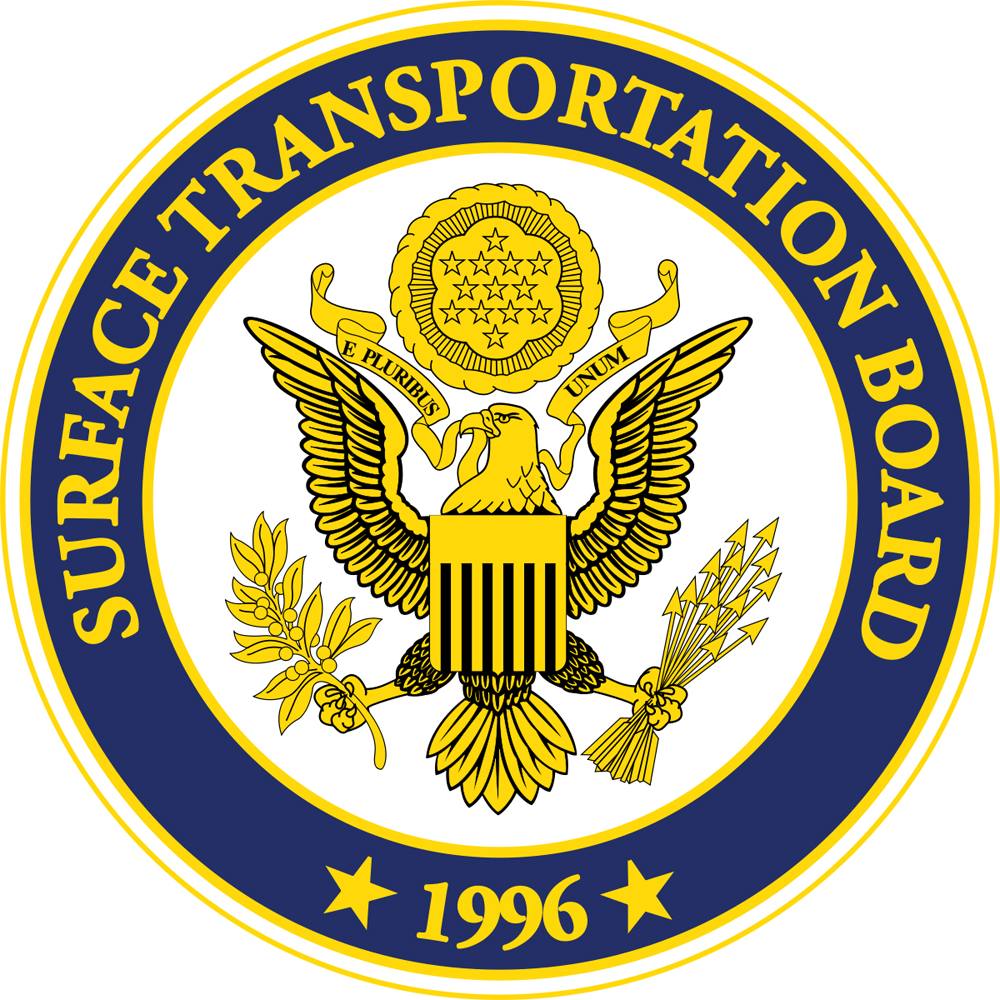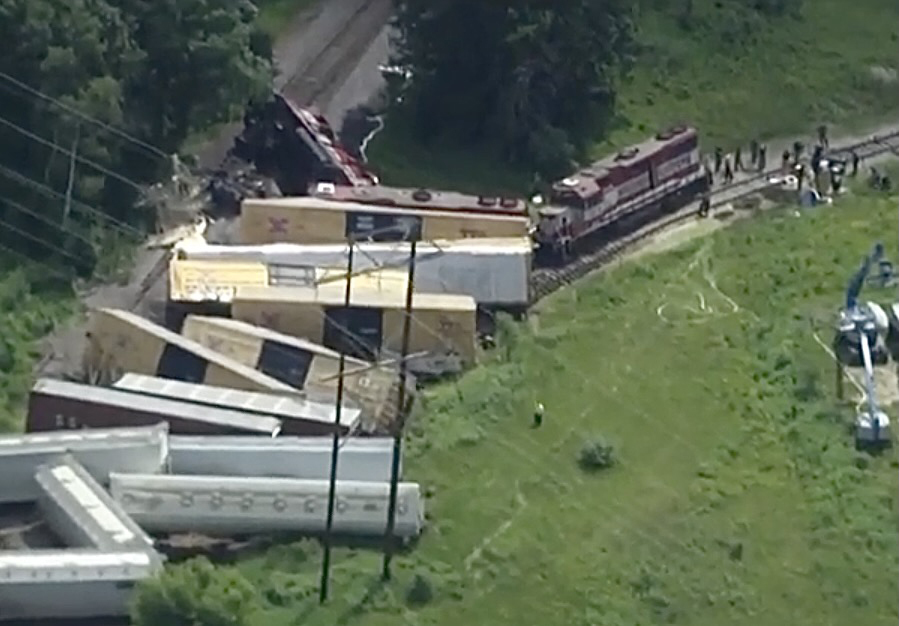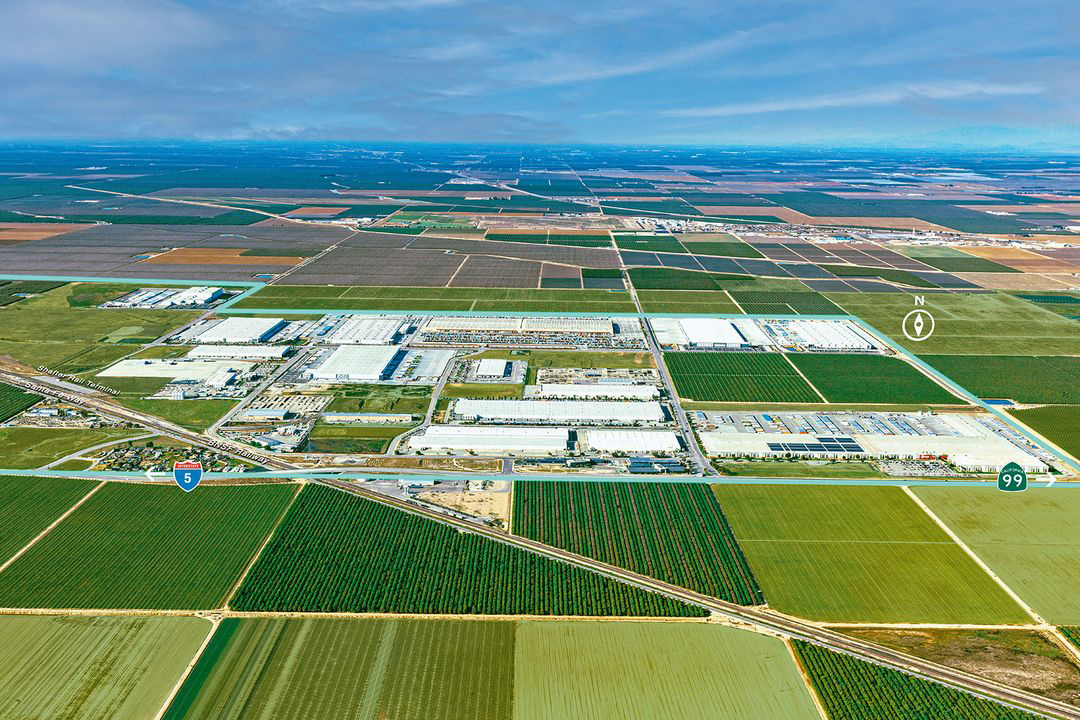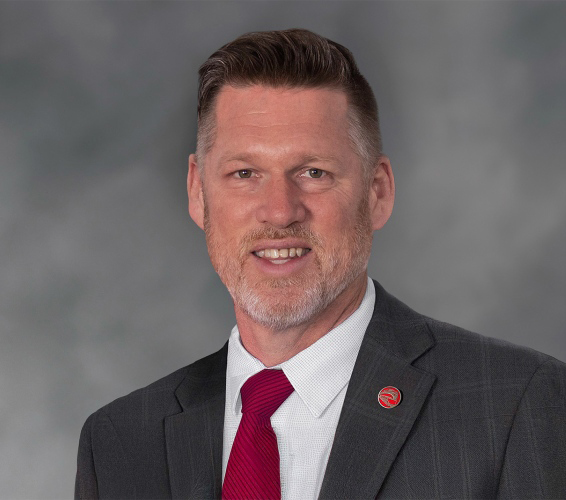Despite a relatively flat intermodal market, Schneider CEO Mark Rourke told the recent 7th Annual Morgan Stanley Laguna Conference that typical seasonal market trends are returning.
Along with touting recent heavy intermodal investments, Rourke says improved drayage operations (trucking trailers and containers to and from intermodal terminals) have helped Schneider in dealing with railroads’ introduction of PSR.
“We’re executing on the street, and I think that’s really the secret of that business, especially in a precision scheduled railroad environment,” says Rourke. “You have to be very good in that railhead and you have to be very good on the street and I feel very good about our execution.
“We have the ability grow without having to do additional investment there.”
Rourke says he’s indifferent to how Schneider develops its business, whether by highway truckload or intermodal, but he notes a growth trend in intermodal reflected by some major brand name Schneider customers now with a 40 to 50 percent intermodal share of shipping.
“I think it does point to there’s still growth in conversion (truckload to intermodal), and particularly with Precision Scheduled Railroading and the reliability, and the improvement, to compete more effectively against trucks. So, in that world, we think we still have a good share to get after intermodal,” says Rourke.
“In virtually every discussion (with customers), there’s still very much a systemic commitment — long term — to maximizing intermodal share, whether for cost, for fuel, for their green initiatives,” he says. “It’s still very much a strategic opportunity and we might be in some cyclical issues here, but I think over the long term it’s still going to be very much a part of the customer’s strategy.”
Rourke is unconcerned about Walmart and Amazon dealing directly with railroads. Those companies are rare, he says, in that they have the large scale which allows them to bypass IMCs if they choose.
Schneider continues to do business with both of them and one of the companies is actually spurring Schneider’s growth, according to Rourke.
Asked at the conference what might happen if, in coming years, Schneider must compete with companies like Amazon and Uber, Rourke noted that Schneider will probably change to become more like those companies, and those companies will probably become more like Schneider.
Schneider’s intermodal margins are at 10 to 12 percent, according to Stephen Bruffett, the company’s chief financial officer. That’s down from 12 to 13 percent in 2018, but the drop had been anticipated, Bruffett says.














Not train related, but given the shortage if truck drives Walmart and Amazon coming into the mix will most likely raise prices for everybody. It will cost more to hold drivers to a company
The railroads push PSR but at the same time they are eliminating more inter-modal locations so places to do pickups and drop offs are getting fewer and far between. Reminds me of years ago when Conrail was doing a good business on shorter haul inter-modal. Then the bean counters dropped many locations not because they were not profitable but rather because they were “not profitable enough”.
Yup …. PSR good for big mega customer … like wow.
NS CMO Alan Shaw noted at an investor conference recently the railroad is maintaining a firm pricing policy on intermodal. While the lower costs supposedly associated with psr can be parlayed into increased business (as with CN); the REAL question is will NS and CSX be willing to take something off the shareholder’s plate and put it on the customer’s plate in order to win new business?